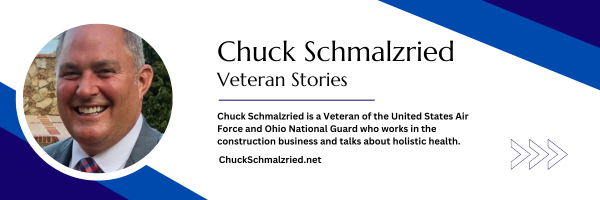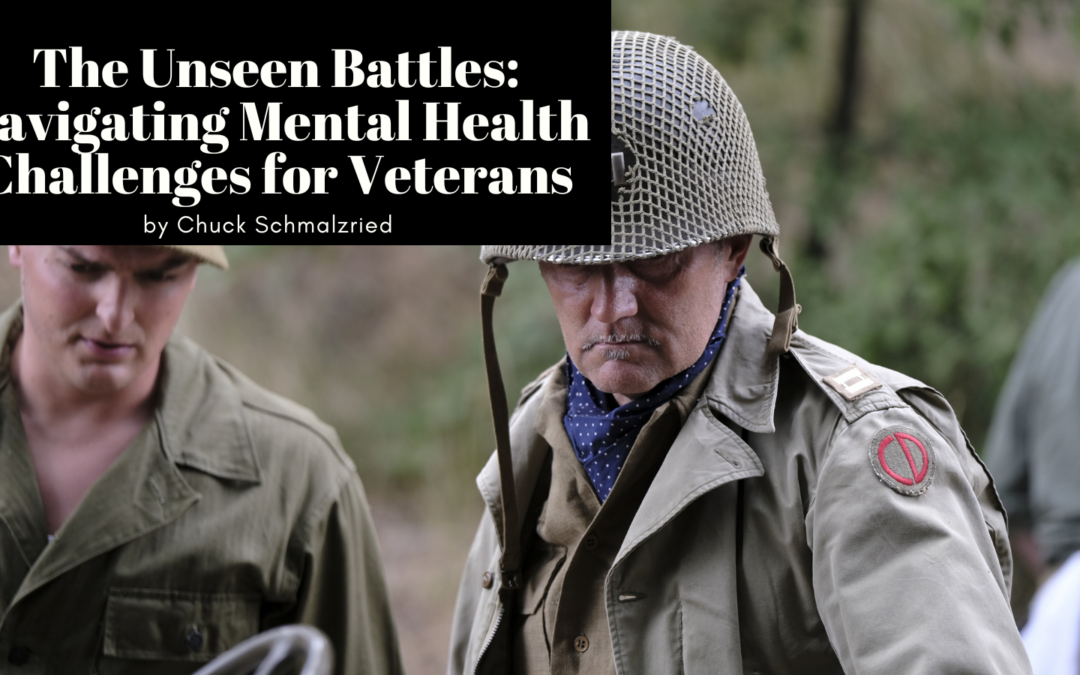Transitioning from military service to civilian life is often heralded as a new chapter filled with opportunities. Yet, for many veterans, it brings forth challenges that remain unseen. Among the most pressing issues is the battle against mental health challenges that can affect veterans long after they’ve left the service.
- The Silent Struggle: Mental health challenges among veterans are a significant concern, with conditions such as post-traumatic stress disorder (PTSD), depression, and anxiety often lurking beneath the surface. The silent struggle with these unseen battles can impact a veteran’s well-being and quality of life.
- Breaking the Stigma: Addressing mental health challenges requires breaking down the stigma associated with seeking help. Many veterans may hesitate to reach out due to concerns about perceived weakness or fear of judgment. Initiatives that foster an open dialogue about mental health within the veteran community can contribute to eroding these barriers.
- Access to Resources: Navigating the complex landscape of mental health resources is crucial for veterans facing these challenges. Highlighting available resources, such as those provided by the Department of Veterans Affairs (VA) or nonprofit organizations, helps veterans understand that support is readily available.
- The Role of Peer Support: Peer support can be a powerful ally in the battle against mental health challenges. Sharing experiences with fellow veterans who have faced similar struggles fosters a sense of camaraderie and understanding. Veteran support groups provide a safe space for sharing stories, advice, and coping mechanisms.
- Holistic Approaches to Healing: Embracing holistic approaches to mental health is gaining traction within the veteran community. Yoga, meditation, and art therapy are examples of alternative methods that can complement traditional treatments. These approaches recognize the interconnectedness of mental, emotional, and physical well-being.
- Family Support: Families support veterans through their mental health journeys. Educating families about the signs and symptoms of mental health challenges and providing resources for family members to seek guidance and support strengthens the overall support network for veterans.
- Employing Veterans: Meaningful employment is not just a financial necessity but a vital component of a veteran’s mental health. Initiatives promoting the hiring of veterans and creating veteran-friendly workplace environments contribute to a smoother transition and a sense of purpose.
- Encouraging Professional Help: While peer support and community resources are valuable, encouraging veterans to seek professional mental health help is equally essential. Destigmatizing therapy and counseling reinforces the message that seeking help is a sign of strength, resilience, and a commitment to personal well-being.

